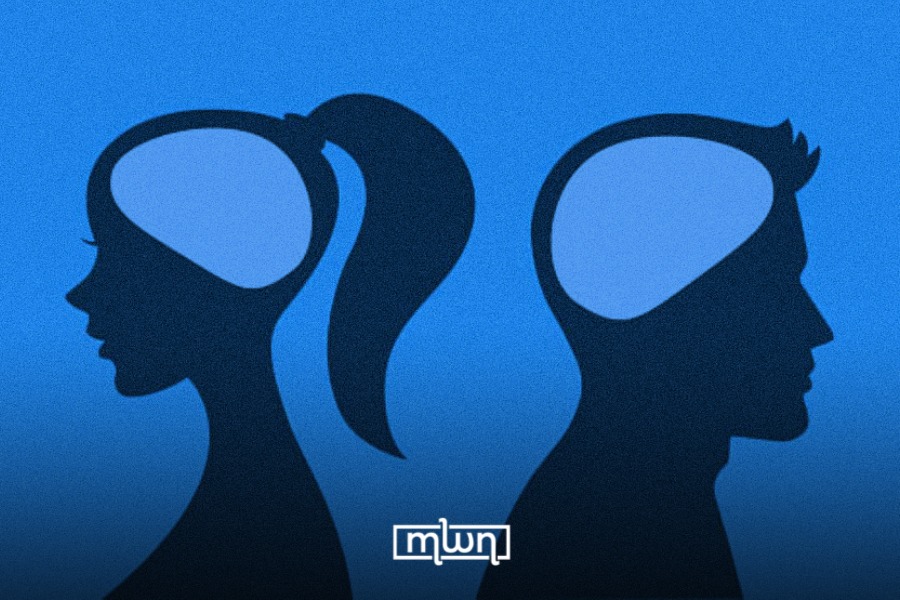Ever wondered why women seem to have it all together by their early thirties while men take a little longer to catch up? It turns out, there’s science behind it.
Fez – According to Medical Daily, a British study reveals that men and women follow different paths to emotional maturity, with women typically reaching it by 32, while men continue growing until around 43.
The findings suggest a noticeable gap in emotional growth between genders, which often becomes evident in relationships and social settings.
According to the study; women are more likely to embrace responsibilities and make thoughtful decisions earlier in life.
Meanwhile, men are often seen as clinging to youthful behaviors well into adulthood.
One striking detail is that 80% of women surveyed believe men exhibit childish tendencies.
These behaviors include indulging in fast food, prioritizing video games over more pressing matters, and being generally less organized in their daily lives.
Women often find these habits frustrating, especially when they persist past an age where maturity is typically expected.
The survey also indicates that women frequently take on the role of decision-makers in their relationships. Many women reported feeling responsible for encouraging their partners to adopt more adult-like behaviors.
They often find themselves offering reminders about responsibilities or urging their partners to “act their age.” This dynamic can sometimes create tension, as women may feel burdened by the need to guide their partners emotionally and practically.
Experts believe this difference in emotional maturity stems from a combination of biological, social, and cultural factors.
Hormonal changes and brain development may play a role, but upbringing and societal expectations also shape how individuals grow emotionally.
Women are often encouraged to be empathetic, nurturing, and responsible from a young age, while men may be given more leeway to prioritize enjoyment and self-expression over structure.
Despite these differences, it’s important to note that emotional maturity is not solely determined by age or gender.
Personal experiences, challenges, and environments can significantly influence an individual’s growth. While the study sheds light on general trends, every person matures at their own pace.
Interestingly, the study also encourages couples to address these differences constructively.
Open communication and mutual understanding can help bridge the maturity gap, making relationships stronger and more fulfilling.
These findings remind us of the importance of supporting each other’s growth and recognizing that maturity is a journey, not a destination.
While the gap between genders might exist, with patience and empathy, people can navigate it together.
Remember, everyone’s journey is unique, and there isn’t a “one-size fits all” approach to defining maturity.
Read also: Travel Could Help Slow Ageing, Study Finds
















